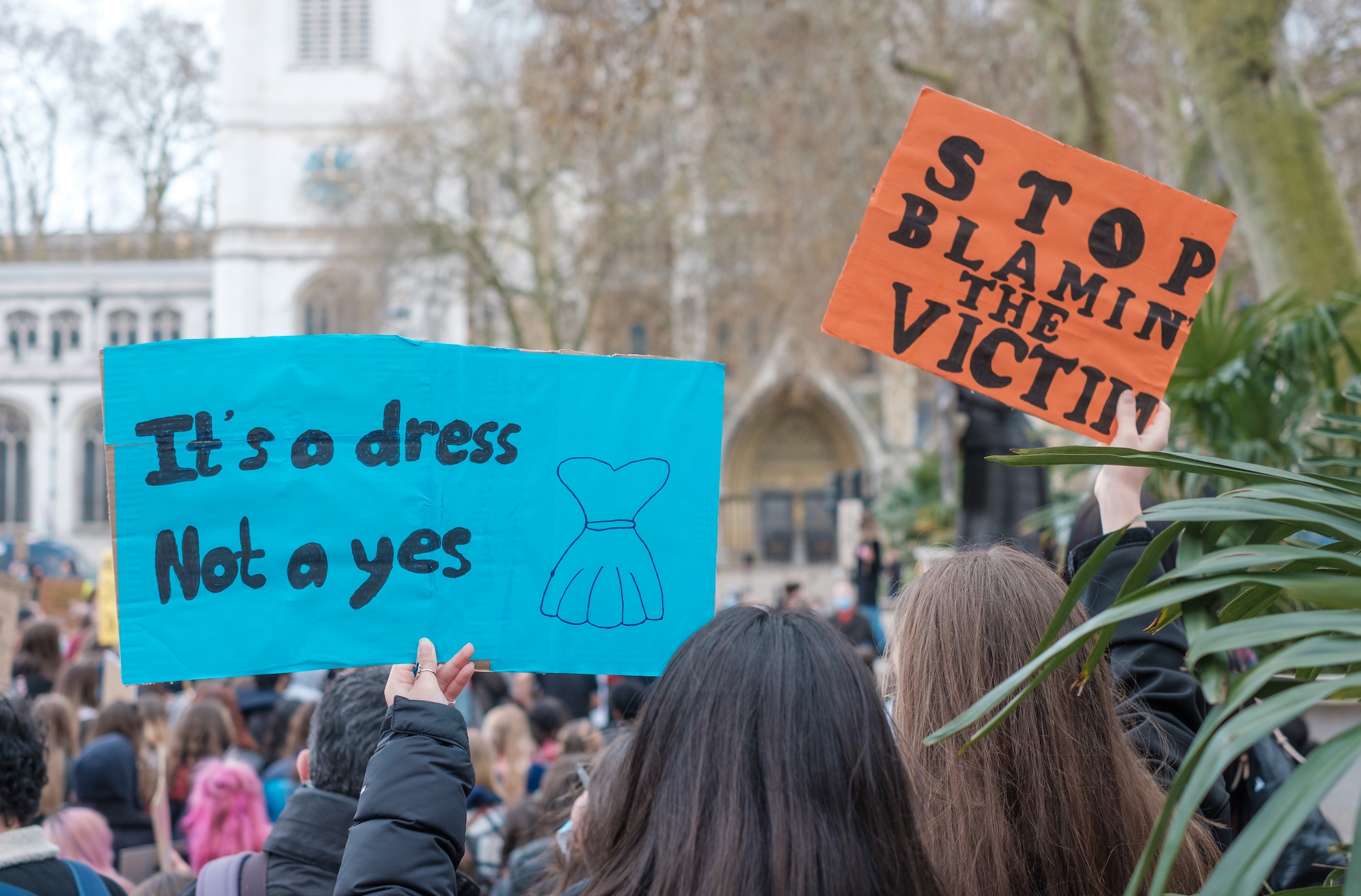Sexual discrimination is when individuals are discriminated against for being male or female, and for being pregnant, with regard to work or higher educational environment.
Reports of sexual harassment at the University of Texas Austin included unprofessional or inappropriate conduct of a sexual nature, sexual exploitation, domestic violence, and duplicate reports from November 2021. Accountability for compliance with Title IX encompasses all programs or activities of the federally funded college or program. Key areas of accountability include, but are not limited to:
-
- recruitment, admissions, and counseling
- financial assistance
- sex-based harassment
- treatment of pregnant and parenting students
- employment
- retaliation against complaint participants.
In addition, Texas SB45 went into effect in September of 2021 and changes the way sexual harassment in the workplace is addressed. Employees and employers should make themselves aware of these changes as they may impact the way businesses develop operating policies, or react to complaints of harassment at work. Employees of all Texas companies are covered under the amendments, void of size requirements previously only allowing businesses with 15 or more employees, and expanding the time to file a complaint from 180 days to 300 days aligning with the Federal laws, making it easier for employees who have suffered sexual harassment to file a claim. The definition of employer was also expanded in the new law and applies to a person who employs one or more employees; or acts directly in the interests of the employer as pertains to the employee. This spreads liability to individuals who can be individually sued to include supervisors and managers acting on behalf of employers. Victims of workplace harassment should immediately contact Texas sexual harassment lawyers to discuss civil and criminal remedies.
Civil rights violation
Sexual harassment at work is a form of employment discrimination and a violation of Title VII of the Civil Rights Act of 1964, the American Disabilities Act of 1990, and the Age Discrimination in Employment Act of 1967. Title IX protects students from biased treatment based on sex and expands gender bias to include sexual assault, sexual harassment, domestic violence, and stalking.
Sexual discrimination is when individuals are discriminated against for being male or female, and for being pregnant, with regard to work or higher educational environment. The discriminators in these cases are usually managers, bosses, employees, or faculty as well as supervisors in places of employment, or higher education administration, although sometimes co-workers discriminate as well. Sexual harassment should be reported within the institution, to the EEOC, and by consultation with Austin sexual harassment lawyers in the best interests of victims.
Sexual harassment

Sexual harassment is when someone forces unwelcome advances on another person through physical contact of a sexual nature, or requests for sexual favors, or other verbal, or physical harassment of a sexual nature. It is a behavior that is punishable by law. Claims of sexual harassment can include individuals who have been affected by workplace, or higher education sexual harassment, even third parties who have witnessed it, due to the negative emotional impact it has on them. Sexual harassment claims are only valid if the sexual behavior exhibited is unwelcome, and it can affect both men and women. Harassment is illegal when it is so frequent, or severe that it creates a hostile or offensive environment, or when it results in an adverse employment or higher education decision, such as a victim being fired, transferred, or demoted or a student not being able to access certain services regarding financial assistance, employment opportunities, or counseling services.
Legal options
Victims have legal recourse against sexual harassment, and victims should explore their options after reporting the abuse through the proper channels in the University setting, or related workplace, adhering to the procedural guidelines of an employer or higher educational institutional human resource department. Experienced attorneys assist with civil and/or criminal actions seeking damage compensation related to the workplace, higher education, and/or sexual harassment, or assault.
Sources:
- https://www.justice.gov/crt/fcs/TitleVI-Overview
- https://www.kxan.com/news/local/austin/ut-receives-300-more-complaints-to-title-ix-office-than-last-year-new-report-shows/
- https://capitol.texas.gov/tlodocs/87R/billtext/html/SB00045F.htm


Join the conversation!